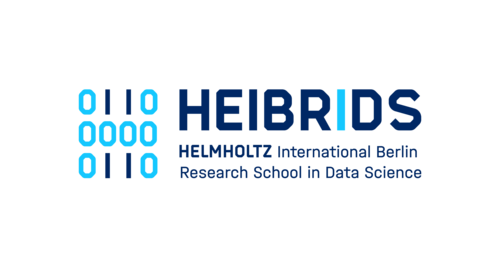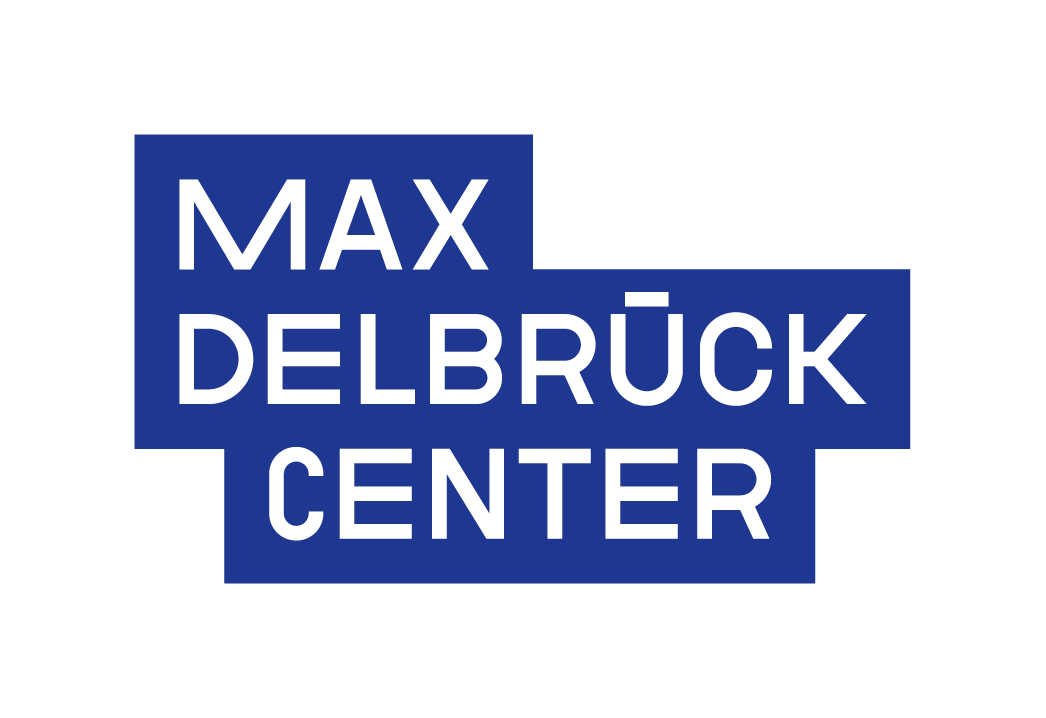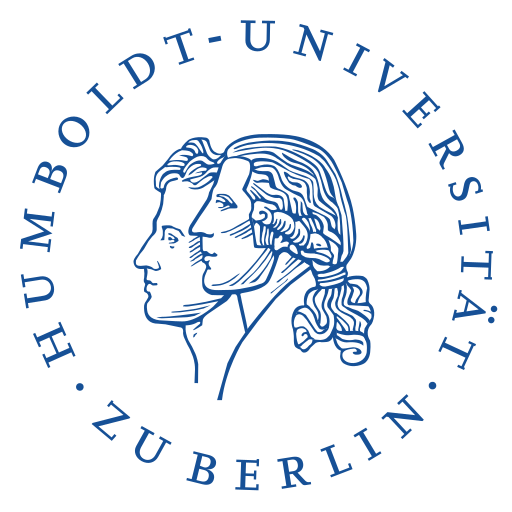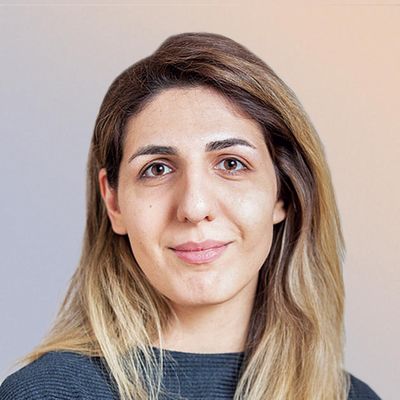Looking into the depths of the universe or predicting earthquakes – at the Helmholtz Einstein International Berlin Research School in Data Science (HEIBRiDS) the study of data science has a broad horizon.
The Berlin Research School in Data Science
A unique research environment characterizes the Helmholtz Einstein International Berlin Research School in Data Science (HEIBRiDS): Here, research on the core methods, algorithms and processes of digitization is enabled from different perspectives and knowledge is transported between different disciplines.
HEIBRiDS brings together five Helmholtz centers and four university partners from the Berlin area. The participating Helmholtz centers have first-class expertise in the fields of molecular medicine, astrophysics, polar and marine research, materials science and geosciences.
HEIBRiDS enables us to look at the even bigger picture and truly think outside the box. That’s why I try to look at my topic from a data sciences perspective at every stage, too, and use methods that maybe haven’t been used by anyone else before.
Gregor Pfalz
is a doctoral student at HEIBRiDS. He analyzes data derived from the sediments of Arctic lakes to make climate predictions. Read more about his project

HEIBRiDS in portrait
Research at HEIBRiDS
At HEIBRiDS, a wide range of research in the field of Data Science is taking place in the Berlin area - from genetics to climate research. Read the School Report Pioneers with Broad Horizons: Data Scientists at HEIBRiDS

Mission
In an interdisciplinary PhD program, young scientists are trained in data science applications in a broad range of scientific fields.
The goal of HEIBRiDS is to train a new generation of data scientists who understand the requirements and challenges of those disciplines in which data science has become indispensable.
Research Areas
Participants in the HEIBRiDS program are pursuing PhDs in very diverse research areas, ranging from Earth & Environment, Astronomy, Space & Planetary Research to Geosciences, Materials & Energy to Molecular Medicine.
"I found data science exciting and wanted to learn something new. Computer science, data science and satellites are a very nice combination."
Olga Kondrateva, PhD researcher at HEIBRiDS

More about the research at HEIBRiDS
More about the research at HEIBRiDS
Read more about the wide range of research at HEIBRiDS and its doctoral researchers.
Pioneers with Broad Horizons: Data Scientists at HEIBRiDS
Demand is high for young scientists who are well versed in the data sciences as well as in another discipline. At the Helmholtz graduate school HEIBRiDS in the Berlin-Brandenburg region, eleven prestigious institutions have teamed up to train young scientists at this intersection. The range of subjects they cover spans everything from genetic research to astronomy.
“Our need for IT experts is continually growing”
Digitalization is having a rapid impact in the field of medicine, with data sciences and AI offering ever-increasing benefits for the development of new vaccines and drugs. Pfizer manager Peter Albiez discusses how graduate schools like HEIBRiDS are helping meet the enormous demand for specialists in the data sciences.
To spot fires and predict droughts, satellites need to communicate efficiently with Earth – and data science algorithms can help. Olga Kondrateva, doctoral researcher at the Helmholtz Einstein International Berlin School in Data Science (HEIBRiDS), is programming the satellites to pick and choose what data is worth transmitting.
Traveling through time in the Arctic
Gregor Pfalz has the air of a young researcher who is burning to get to the bottom of things. Which fits perfectly, because his work as a doctoral candidate at the HEIBRiDS Data Science School in Berlin involves analyzing data from sediment collected from Arctic lakes, with the aim of making predictions about the climate of the future. And how does this work? It takes a lot of patience and a merging of two disciplines - geology and computer science.

Curriculum
- Supervision: tandem supervision by a university and a Helmholtz partner; biannual meetings with both supervisors; annual meeting with the interdisciplinary Thesis Advisory Committee
- Courses for the scientific and transferable skills training: Individually designed curriculum according to the respective research profile. Access for all HEIBRiDS doctoral candidates to courses from an extensive range of courses offered by the Berlin University Alliance and the Helmholtz partners, as well as courses specially organized for the doctoral candidates in the program
- Mandatory participation in the PhD Seminars and the Data Science Lectures, held twice a month
- HEIBRiDS Retreat: Presentation of one's own research project and feedback from the program PIs at the annual HEIBRiDS Retreat
- Participation in (international) conferences
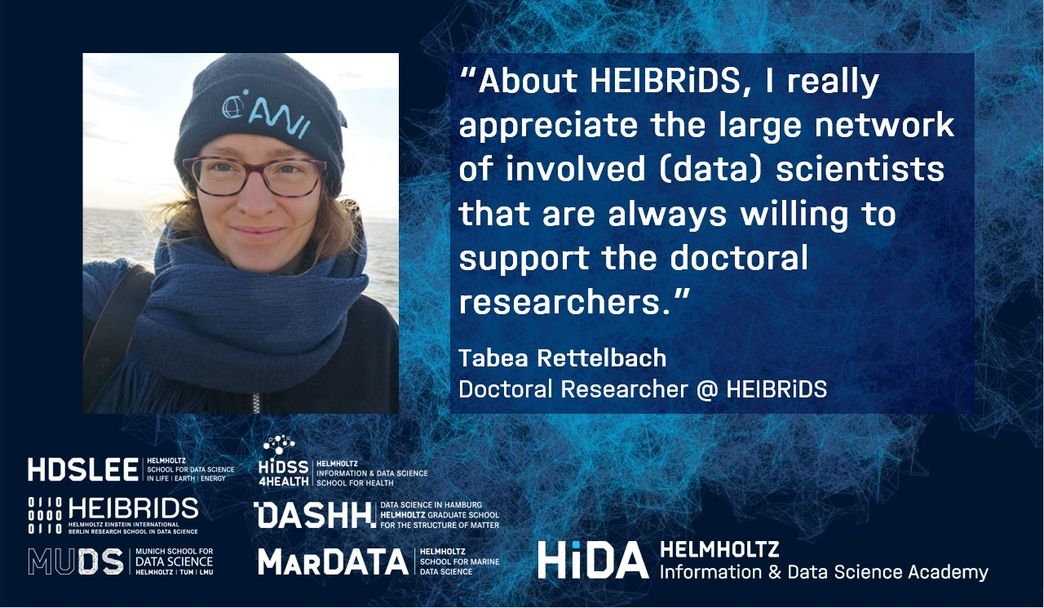
Funding and Duration of the Program
The program will run for four years and offers full funding. The remuneration during the term corresponds to the tariff level E13 of the TVöD or the TV-L (depending on the institution where the employment takes place).
Application and Further Information
The HEIBRiDS location is Berlin, but depending on the disciplinary connections, there are different locations for doctoral students in the Berlin area. Program language is English.
Contact
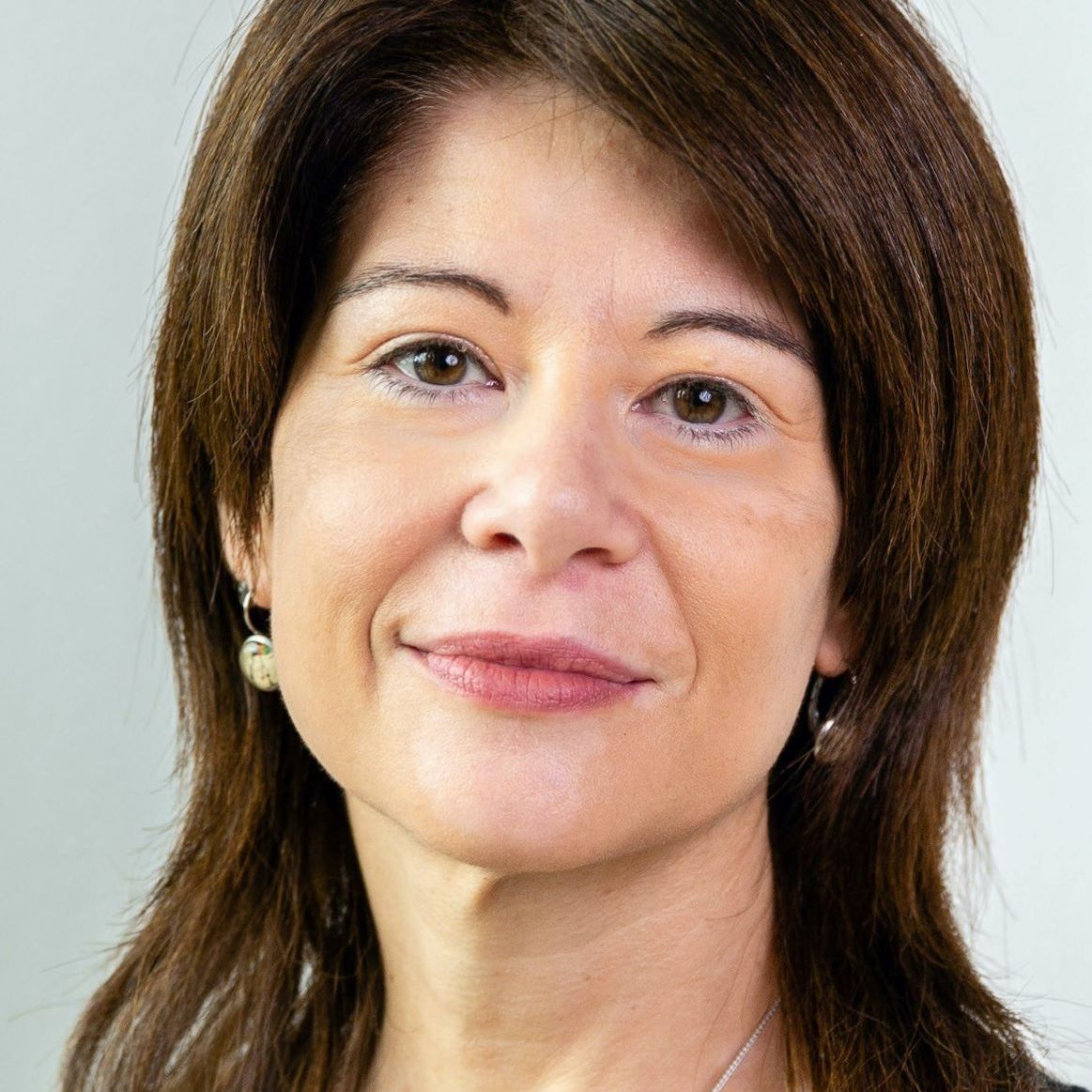
PD Dr. Eirini Kouskoumvekaki
PD Dr. Eirini Kouskoumvekaki
Scientific Coordinator HEIBRiDS
eirini.kouskoumvekaki@mdc-berlin.de
Max Delbrueck Center for Molecular Medicine
Building 84, Room 1015
Robert-Roessle-Str. 10
13125 Berlin
Following Institutions are Involved in HEIBRiDS
Alfred-Wegener-Institut Helmholtz-Zentrum für Polar- und Meeresforschung (AWI)
Deutsches Elektronen-Synchrotron (DESY)
Helmholtz-Zentrum Potsdam Deutsches GeoForschungsZentrum (GFZ)
Helmholtz-Zentrum Berlin für Materialien und Energie (HZB)
Max-Delbrück-Centrum für Molekulare Medizin (MDC)
Technischer Universität Berlin
Charité-Universitätsmedizin Berlin
Freier Universität Berlin
Humboldt-Universität zu Berlin
Our Doctoral Researchers

Philipp Baumeister
Doctoral Researcher HEIBRiDS
Contact


Felix Fiedler
Doctoral Researcher HEIBRiDS
Contact

Supervisors:

Femke van Geffen
Doctoral Researcher HEIBRiDS
Contact


Binayak Ghosh
Doctoral Researcher HEIBRiDS
Contact


Paolo Graniero
Doctoral Researcher HEIBRiDS
Contact


Brian Groenke
Doctoral Researcher HEIBRiDS
Contact

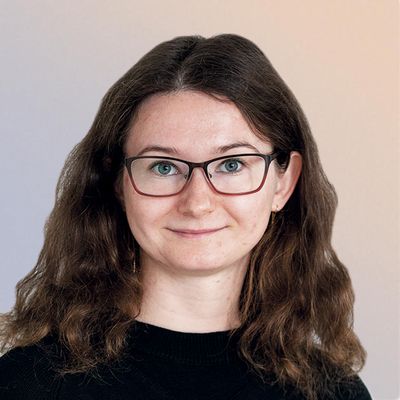
Olga Kondrateva
Doctoral Researcher HEIBRiDS
Contact


Henning Lilienkamp
Doctoral Researcher HEIBRiDS
Contact

Oleksii Martynchuk
Doctoral Researcher HEIBRiDS
Contact

Nicolas Miranda
Doctoral Researcher HEIBRiDS
Contact


Lusinè Nazaretyan
Doctoral Researcher HEIBRiDS
Contact


Gregor Pfalz
Doctoral Researcher HEIBRiDS
Contact


Sergey Redyuk
Doctoral Researcher HEIBRiDS
Contact


Tabea Rettelbach
Doctoral Researcher HEIBRiDS
Contact


Elizabeth Robertson
Doctoral Researcher HEIBRiDS
Contact


Mario Sänger
Doctoral Researcher HEIBRiDS
Contact

Supervisors:
Kanishka Singh
Doctoral Researcher HEIBRIDS
Contact

Hermann Stolte
Doctoral Researcher HEIBRiDS
Contact


Kevin Styp-Rekowski
Doctoral Researcher HEIBRiDS
Contact


Christian Utama
Doctoral Researcher HEIBRiDS
Contact


Nadja Veigel
Doctoral Researcher HEIBRiDS
Contact


Xiaoyan Yu
Doctoral Researcher HEIBRiDS
Contact



